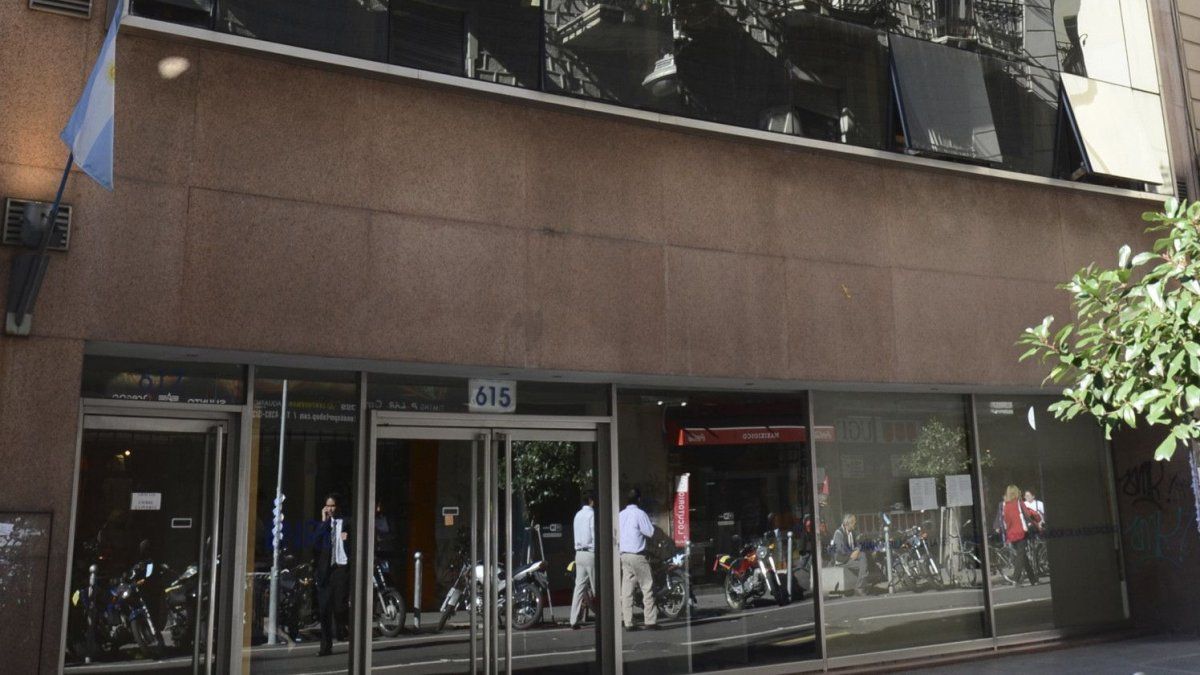The auditor of the National Electricity Regulatory Entity, Walter Martellodefended the beginning of the process of Comprehensive Tariff Review (RTI) questioned by the presidential candidate Freedom Advances (LLA), Javier Mileiand warned that postponing it will affect both users and companies in the electric energy transportation and distribution system.
Martello came out to make “a necessary clarification to the candidate Javier Milei and his objections to the ENRE advancing in what is part of its mission and obligation, derived from the Decree designating this Intervention, the Comprehensive Tariff Review (RTI)”.
“In order for it to be carried forward, it takes a while, which is not immediate. Let us remember, for example, that the last one carried out was a nine-month process of analysis, so there is no possibility of harm in this primary stage, much less interference in future acts of government since its completion could not occur until 2024, when the criteria would be set tariffs and regulations for the next five years,” said the official in X.
Milei’s complaint that harms the rate review process
Milei criminally denounced the president Alberto Fernandez for endorsing measures that supposedly violate the Law of Fiscal Responsibilityamong them the beginning of the RTI process for transportation companies electric power under national jurisdiction.
For his part, Martello maintained that “RTI is a complex process that can take several months” and warned that “hindering the start of the process will only affect the certainty of users and the parties involved in the electrical service.”
The head of ENRE stated that “the RTI requires review tariff frameworks and current regulations to identify areas for improvement, through the analysis of historical electricity consumption data, rates and costs of the companies concessionaires, the state of the facilities and degrees of progress of works and the technology to be incorporated”.
Javier Milei Alberto Fernández.png
He indicated that “the next step is estimate future demand for electrical energyan estimate that is made through the use of statistical models that take into account factors such as economic growth, climate change, demographic aspects, technological trends.”
Then, he explained, “the costs of concessionaire companies to determine whether they are efficient and reasonable, an analysis that includes the evaluation of operation and maintenance expenses, investment costs and financial expenses.”
He pointed out that “once future demand has been estimated and the costs of the concessionaire companies have been analyzed, the new tariff and regulatory frameworks”.
Source: Ambito




